Perspectives on climate change: Economic growth
To what extent is economic growth necessary, and can it be sustained indefinitely?
 Vishaan Chakrabarti
Vishaan Chakrabarti
Growth is a byproduct of the human need to invent. We just need the inventions to be sustainable, which means we shouldn’t curtail growth but we should guide it.
Vishaan Chakrabarti is a Principal at SHoP Architects, author of A Country of Cities, and Holliday Professor and Director of the Center for Urban Real Estate at Columbia University.
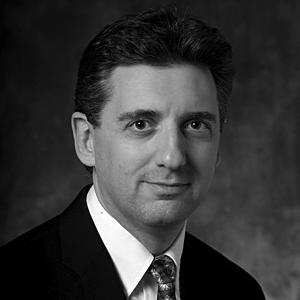 Stephen Gardiner
Stephen Gardiner
What counts as economic growth (and why it matters) depends on how you measure it. One thing we need is better public discourse about prosperity and its distribution. However, I am optimistic that the overall level and distribution of wellbeing can be improved and sustained if we take sensible action.
Stephen Gardiner is Professor of Philosophy and Ben Rabinowitz Endowed Professor of Human Dimensions of the Environment at the University of Washington, Seattle.
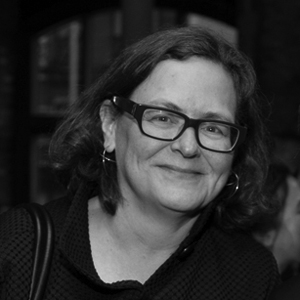 Rosalie Genevro
Rosalie Genevro
Opportunity is necessary and desirable; progress in making possible a materially sufficient and dignified way of life for all people globally is necessary and desirable; continued development of human capacity is necessary and desirable; but I am not sure that those things are inevitably predicated on overall economic growth. For me the central issue is that unlimited economic growth risks destroying the natural basis of collective wealth, and therefore being self-defeating.
Rosalie Genevro is Executive Director of The Architectural League of New York and the project director of The Five Thousand Pound Life.
 Dale Jamieson
Dale Jamieson
There can be economic growth without increasing resource exploitation and pollution, and that is the kind of growth we should aim for. Prioritizing this kind of growth requires better economic indicators and institutional change.
Dale Jamieson is professor of environmental studies and philosophy at New York University and author of the book Reason in a Dark Time: Why the Struggle to Stop Climate Change Failed–and Why Our Choices Still Matter.
 Alex Klatskin
Alex Klatskin
I prefer the term “economic advancement,” which I believe is a combination of economic growth and economic opportunity. “Indefinitely” is too long to predict; certainly with the global population growing rapidly, economic advancement must be a by-product.
Alex Klatskin is a General Partner of Forsgate Industrial Partners, a private industrial real estate development and investment firm based in Teterboro, New Jersey.
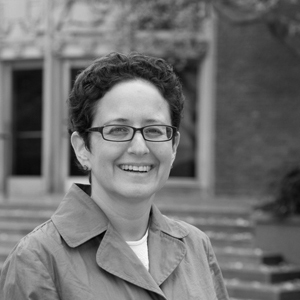 Melissa Lane
Melissa Lane
To the extent that economic growth could be decoupled from the using up of non-renewable materials and energy sources, it could be sustained—but always within the carrying capacity of planetary systems. The challenge is that such decoupling is not likely to be wholly possible. That means we have to think about what “necessary” means in the context of the economy, society, and current ways of thinking. What’s necessary is to have a society in which people can flourish and pursue their life projects in a sustainable way. If the current model of economic growth can’t deliver that, it may be seen as “necessary” to buy social peace in the short term, but it’s neither necessary nor sustainable in the long term.
Melissa Lane is Professor in the Department of Politics at Princeton University, and affiliated faculty member in the Department of Classics and the Department of Philosophy.
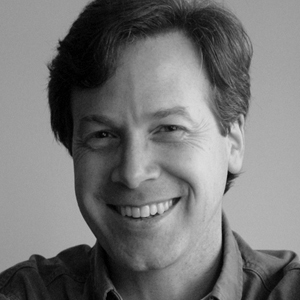 Anthony Leiserowitz
Anthony Leiserowitz
Economic growth is essential, especially in the developing world where hundreds of millions remain mired in poverty. The quality and direction of that growth, however, needs reconsideration, such as the long-standing effort to promote sustainable development and more recently a global “Green Economy.” Decoupling economic growth and improved living standards from the exploitation of natural resources and other human beings is one of the great challenges of this century.
Anthony Leiserowitz is Director of the Yale Project on Climate Change Communication and a research scientist at the School of Forestry and Environmental Studies at Yale University.
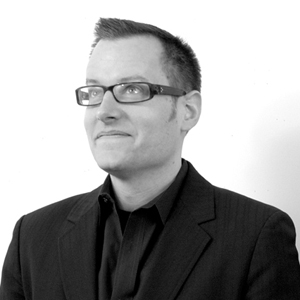 Paul Lewis
Paul Lewis
For developing nations, growth is critical to reduce poverty. So growth has to be channeled towards different models for different conditions. For example, in architecture in developed countries, there should be a shift in growth defined as designs for new buildings on empty lots, toward repurposed building infrastructure and denser, better designed occupation of currently inhabited sites.
Paul Lewis is a principal of LTL Architects and a faculty member in the School of Architecture at Princeton University.
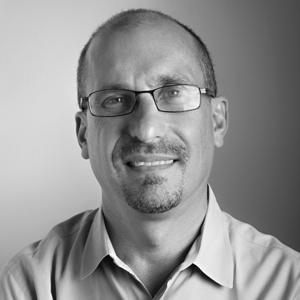 Ted Nordhaus
Ted Nordhaus
There are no hard biophysical limitations to economic growth. What determines how much we are able to grow, and has since before we were humans, are our social and technological systems. The biocapacity of the planet 100,000 years ago might have been able to support 100,000 humans. Today it supports seven billion and soon enough it will support nine billion. The more important question is how much growth do we want and what kind? As we get wealthier, economic growth slows. Developing economies often grow at five to ten percent per year. Developed economies are lucky to sustain growth at two percent. As we get wealthier, demand for many goods and services saturates. So notions of endless, exponential growth are unlikely to come to fruition. Growth will be asymptotic, meaning that it may never stop entirely, but growth rates will likely get ever lower.
Ted Nordhaus is a co-founder of The Breakthrough Institute — a paradigm-shifting think tank committed to modernizing environmentalism for the 21st century.
 Albert Pope
Albert Pope
Can economic organization of any type escape the growth imperative? It seems implausible without some sort of draconian population control that would likely be more corrosive to society, if not the environment, than growth economies. An environmental critique of capitalism as a growth economy that does not address a growing population (for example, the powerful, new polemic of Naomi Klein) is simply disingenuous.
Albert Pope is the Gus Sessions Wortham Professor of Architecture at Rice University. He is the author of Ladders (1997) and numerous articles concerning the broad implications of post-war urban development.
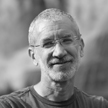 Ted Steinberg
Ted Steinberg
Endless growth is absolutely necessary to the capitalist system and the quest for profits. But to imagine that capitalism and limitless growth can go on forever is to engage in a very ahistorical enterprise.
Ted Steinberg is Professor of History and Professor of Law at Case Western Reserve University. His book Gotham Unbound: The Ecological History of Greater New York (2014) examines the ecological changes that have resulted in the reality of present-day New York City.
 Emily Talen
Emily Talen
It’s essential. But it needs to be more spread out and incremental. Wealth hoarding is the enemy of sustainability.
Emily Talen is a senior sustainability scientist and a professor in the School of Geographical Sciences and Urban Planning at Arizona State University.
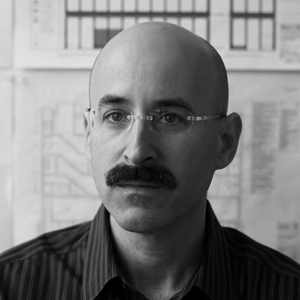 Adam Yarinksy
Adam Yarinksy
In order to answer this question, it is necessary to take into account both qualitative and quantitative criteria when assessing economic growth. Beyond a baseline level, both personal happiness and social good are not contingent on monetary wealth. Moreover, individual and collective gains are intertwined, so they should be evaluated together when defining a sustainable level of prosperity.
Adam Yarinsky is a principal of Architecture Research Office (ARO) in New York.
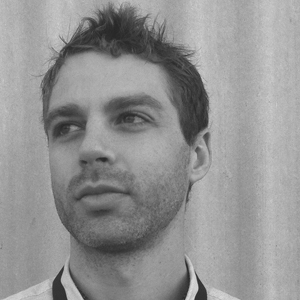 Andrew Wade
Andrew Wade
There is an inherent conflict between our evolutionary instinct for individual consumption and the current realities of postindustrial production and global population trends. The scale at which we can produce and distribute goods—and the chemical processes that enable this manufacturing and transportation—is problematic. A smart economy is necessary: one that does more with less, not one that continues to grow. Without ever electing this position, we are now the de facto stewards of the Earth, and our proven ability to alter the chemical composition of the planet needs to be self-regulated.
Andrew Wade was the J. Clawson Mills Fellow at The Architectural League of New York and the project lead of The Five Thousand Pound Life from 2012-2015.

